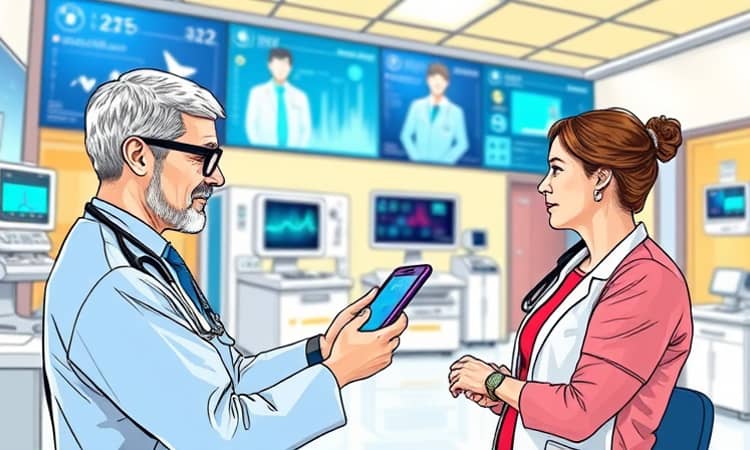Technology continues to reshape and redefine numerous sectors, and healthcare is no exception. In recent years, advancements in technology have led to improved patient care, increased efficiency in medical procedures, and better health outcomes overall. By embracing innovative solutions, healthcare providers can address challenges in the medical field more effectively.
From telemedicine to wearable devices, the implications of technology in healthcare are vast and profound. Patients today can access medical expertise remotely, monitor their health more closely, and engage with their healthcare providers in ways that were unimaginable just a few years ago.
This article highlights five ways technology is making a significant impact on healthcare, focusing on its ability to enhance patient care while optimizing healthcare delivery.
1. Telemedicine
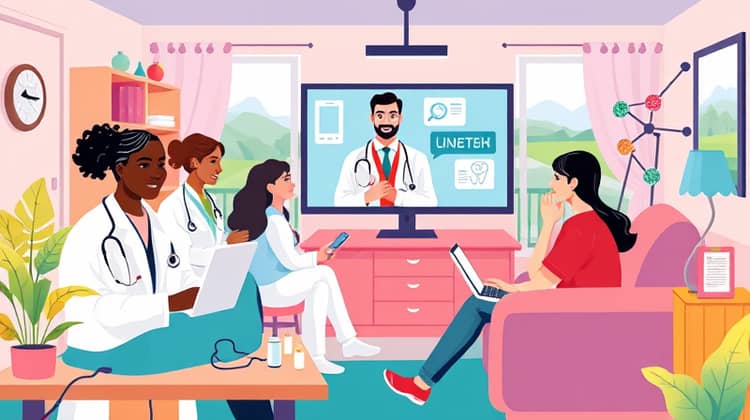
Telemedicine represents a transformative shift in the delivery of healthcare services. By leveraging digital communications technologies, healthcare providers can consult with patients from remote locations, ensuring timely medical support without the need for in-person visits.
This approach not only enhances convenience for patients, particularly those in rural or underserved areas but also reduces the burden on healthcare facilities. The COVID-19 pandemic significantly accelerated the adoption of telemedicine, demonstrating its viability and effectiveness in various medical settings.
- Improved access to specialists and services
- Reduced travel time and expenses for patients
- Enhanced ability to monitor chronic conditions remotely
2. Wearable Health Devices
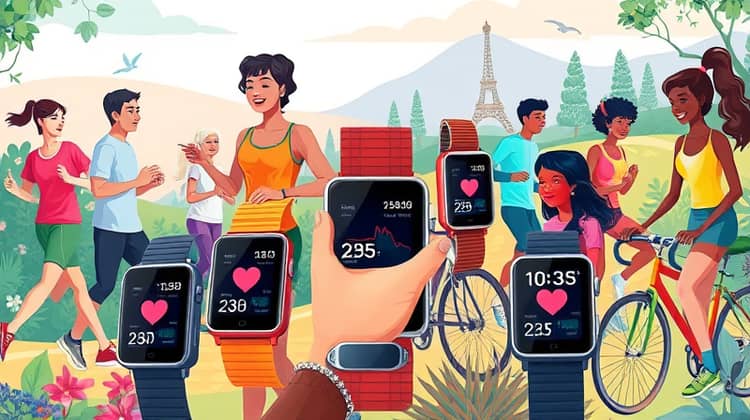
Wearable health devices have emerged as a popular trend, enabling individuals to track their health metrics in real-time. Technologies such as smartwatches and fitness trackers are equipped with sensors that monitor heart rate, physical activity, sleep patterns, and other vital signs.
These devices empower patients to take a proactive approach to their health, providing valuable data that can be shared with healthcare providers for more personalized care.
- Continuous health monitoring
- Encouragement of a healthy lifestyle
- Data collection for research and clinical studies
As patients become more engaged in their health journey through wearable technology, healthcare providers can gain insights into patients' behaviors and make informed decisions regarding their care strategies.
3. Electronic Health Records (EHR)
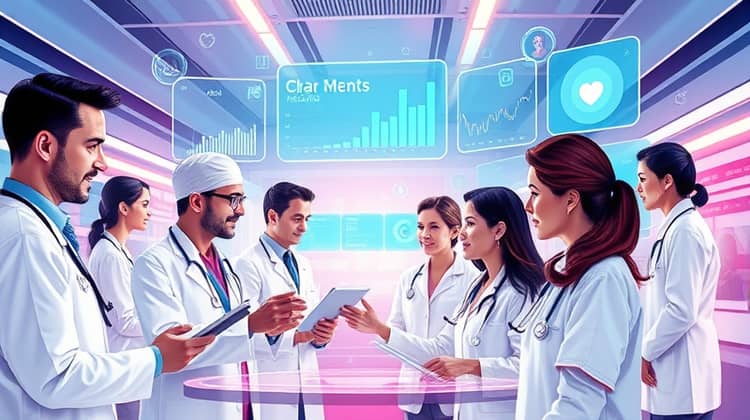
Electronic Health Records (EHR) represent a digital collection of a patient's medical history and information. The shift from paper records to electronic databases has revolutionized how healthcare providers document and access patient data, making it more efficient and reliable.
EHRs streamline the information-sharing process among providers, which leads to better-coordinated care. Healthcare professionals can now easily retrieve, update, and share medical records with ease, enhancing the overall patient experience.
- Improved accuracy in patient data
- Enhanced collaboration among healthcare providers
- Increased efficiency in administrative tasks
4. Artificial Intelligence (AI) and Machine Learning
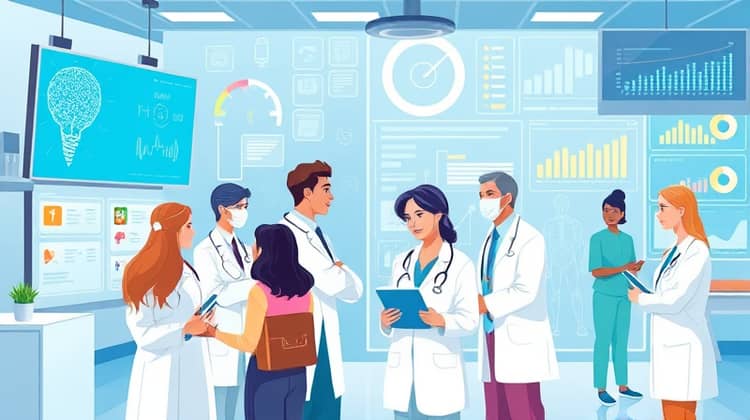
The incorporation of Artificial Intelligence (AI) and machine learning into healthcare is paving the way for innovative solutions that drive better patient outcomes. These technologies analyze vast amounts of data to detect patterns and predict potential health risks, allowing for proactive interventions.
AI applications are wide-ranging, from diagnostic assistance to personalized treatment plans, significantly improving decision-making in clinical settings.
- Predictive analytics for disease prevention
- Automation of administrative tasks
- Enhanced precision in diagnostics
5. Robotics
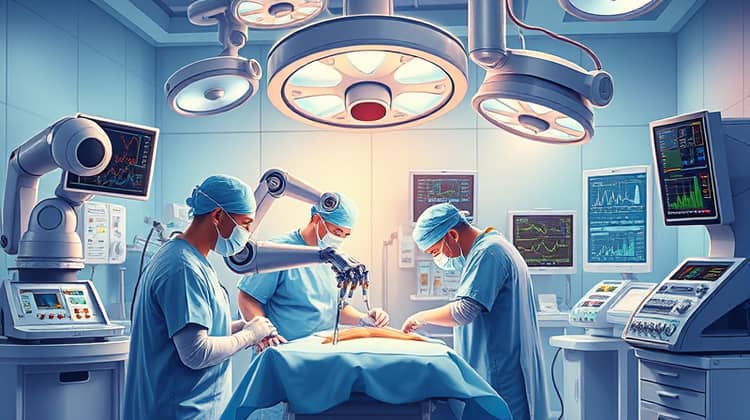
The field of robotics has made significant contributions to healthcare, enhancing surgical procedures and hospital operations. Robotic systems enable surgeons to perform complex surgeries with greater precision and reduced recovery times for patients.
In addition to surgery, robots are increasingly used for tasks such as medication management, patient monitoring, and even assisting with rehabilitation, showcasing the versatility of robotics in healthcare delivery.
- Increased surgical precision
- Reduced risk of infection post-surgery
- Supporting healthcare staff in routine tasks
Conclusion
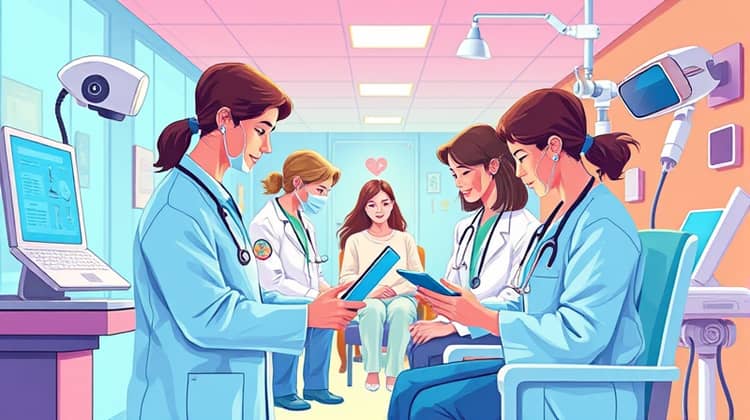
In conclusion, technology is profoundly impacting healthcare, creating opportunities for improved patient care, enhanced efficiency, and better health outcomes. As we continue to embrace these advancements, it’s essential for healthcare stakeholders to prioritize innovation while maintaining a focus on patient-centered care.

